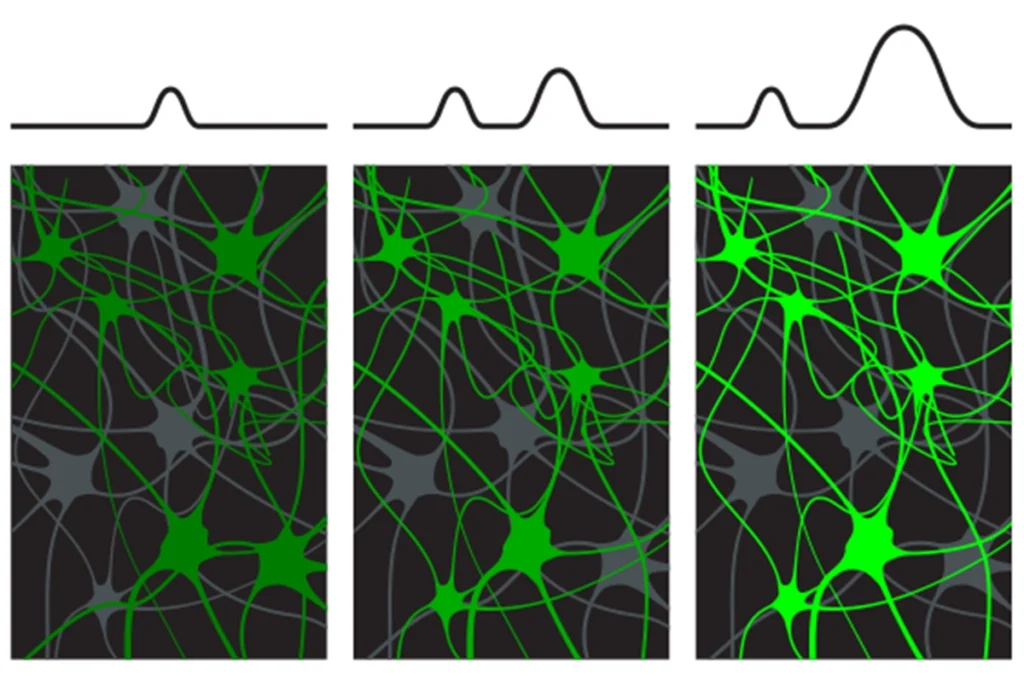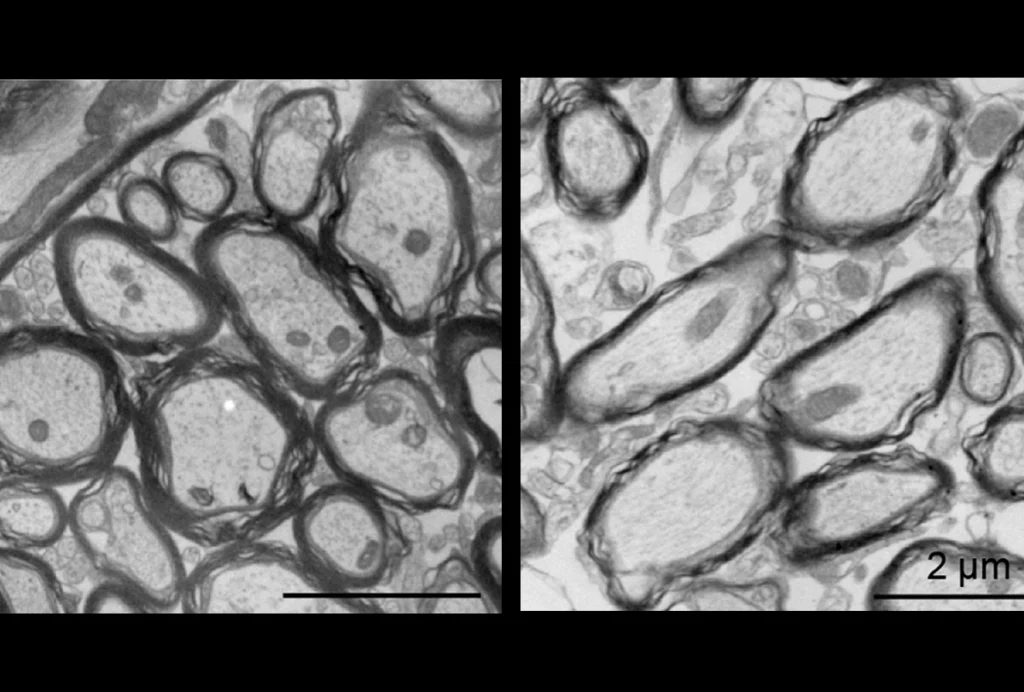Research roundup
- Pragmatic language assessment with the parent-reported Children’s Communication Checklist reliably identifies social-communication differences between children with autism or attention deficit hyperactivity disorder and those without either condition. Research in Autism Spectrum Disorders
- A review of brain imaging studies in search of biomarkers of autism details the machine-learning tools used to detect patterns of resting-state brain activity. Scientific Reports
- Genome-wide CRISPR screening has identified epigenetic modulators that contribute to FMR1 gene silencing in fragile X syndrome. Stem Cell Reports
- Mutation of the EGR1 gene reduces dopamine activity — and, in turn, social behavior — in zebrafish. eNeuro
- An investigational drug called ganaxolone appears to reduce seizures in people with CDKL5 deficiency disorder, a condition linked to autism. The Lancet Neurology
- People who learn they are autistic at a young age report greater well-being as adults than those who learned closer to adulthood, according to a survey of autistic college students. Autism
Science and society
- The United Kingdom’s regulator of charities is investigating Thinking Autism after its director posted anti-vaccination rants on social media. The Guardian
- A festival of autism-friendly sensory spaces and performances, called Common Senses, is on through the month of April in Omaha, Nebraska. Omaha World-Herald
- U.S. federal agencies that assert their scientists can speak freely to the press often have policies that hinder journalists’ timely access to those scientists, three journalists write. Science
- The journal eNeuro is encouraging scientists to express their views, on neuroscience research or societal issues, by submitting a commentary or opinion piece. eNeuro
- Autism Acceptance Month has given rise to profiteers and a “booming” autism industry that does not necessarily help autistic people, writes disability studies scholar Alicia Broderick. NJ.com
- The U.S. Food and Drug Administration has published a warning about the risk of false results with noninvasive prenatal screening tests for genetic conditions. FDA.gov
- When the war started, a Ukrainian psychiatrist working in London, England, drove to the Poland-Ukraine border with a carload of medical supplies; he’s one of many rushing to provide equipment and expertise. This week, Spectrum reported on autism researchers working to help displaced families with autistic children. Medscape
- A news organization in southern Florida is collecting readers’ perspectives on what they wish more people understood about autism. Local 10
- Imaging studies that report associations between brain structure or activity and behavioral traits typically enroll too few participants to be reliable. Spectrum reported on the statistical problems with brain imaging last month. The New York Times


